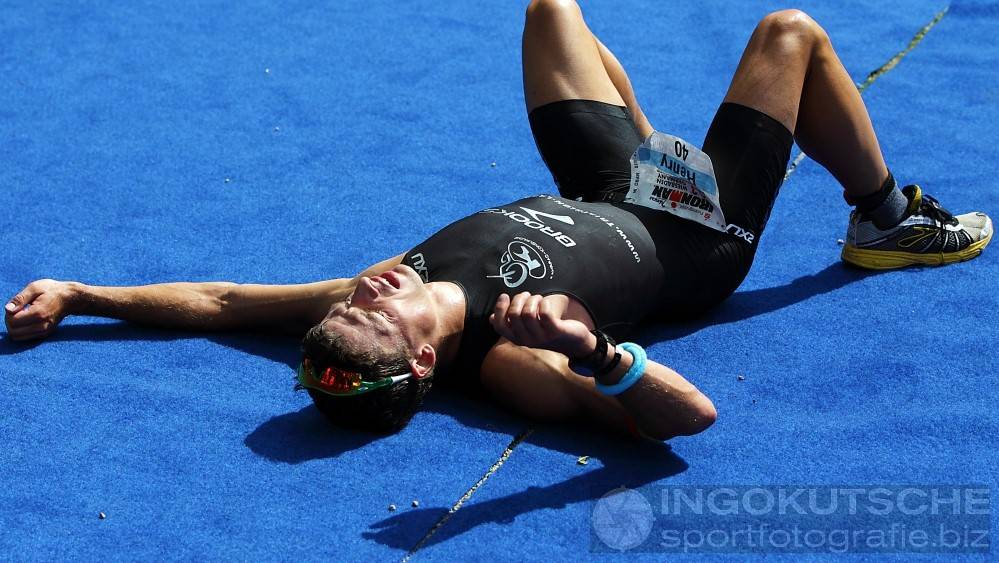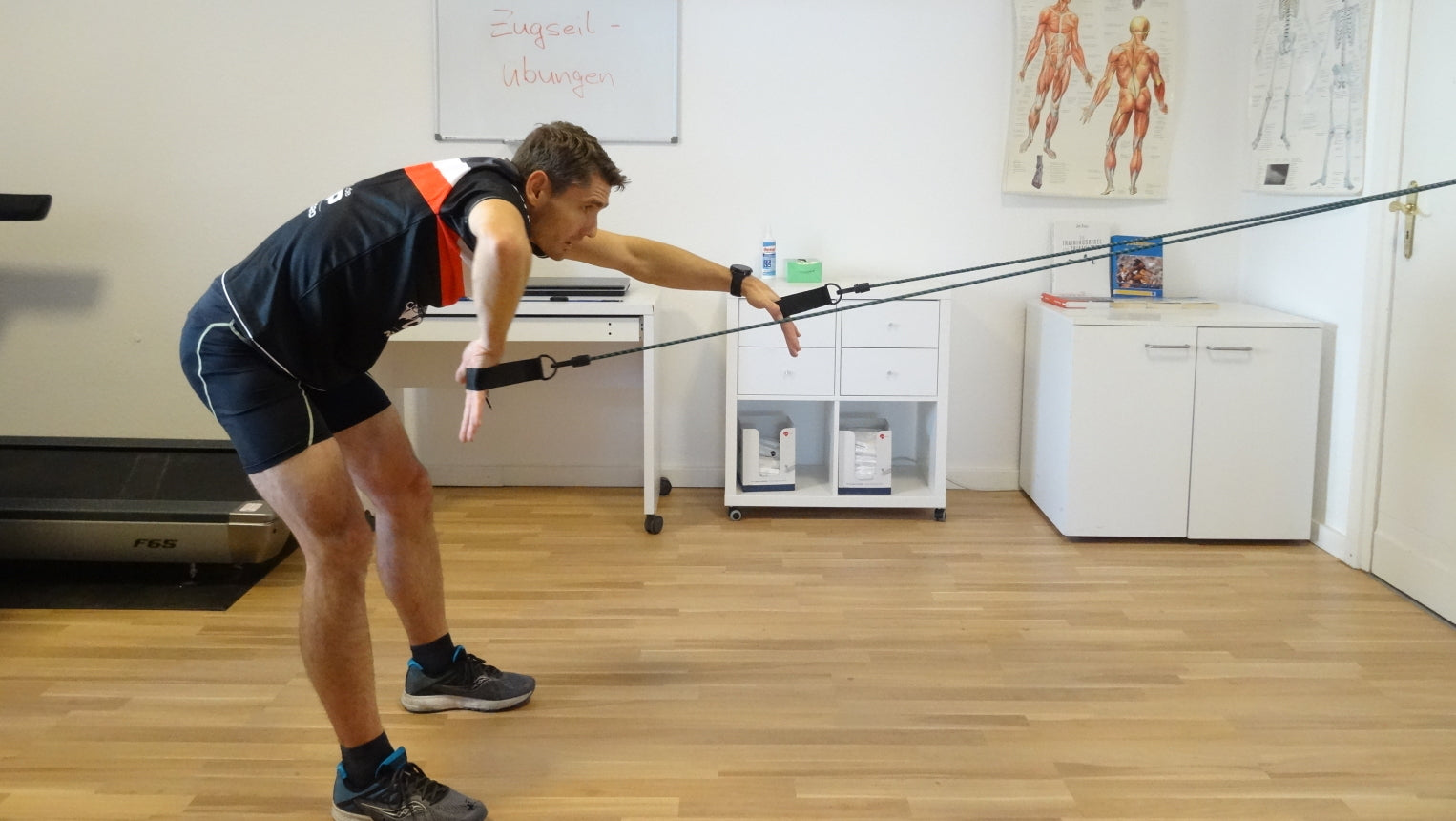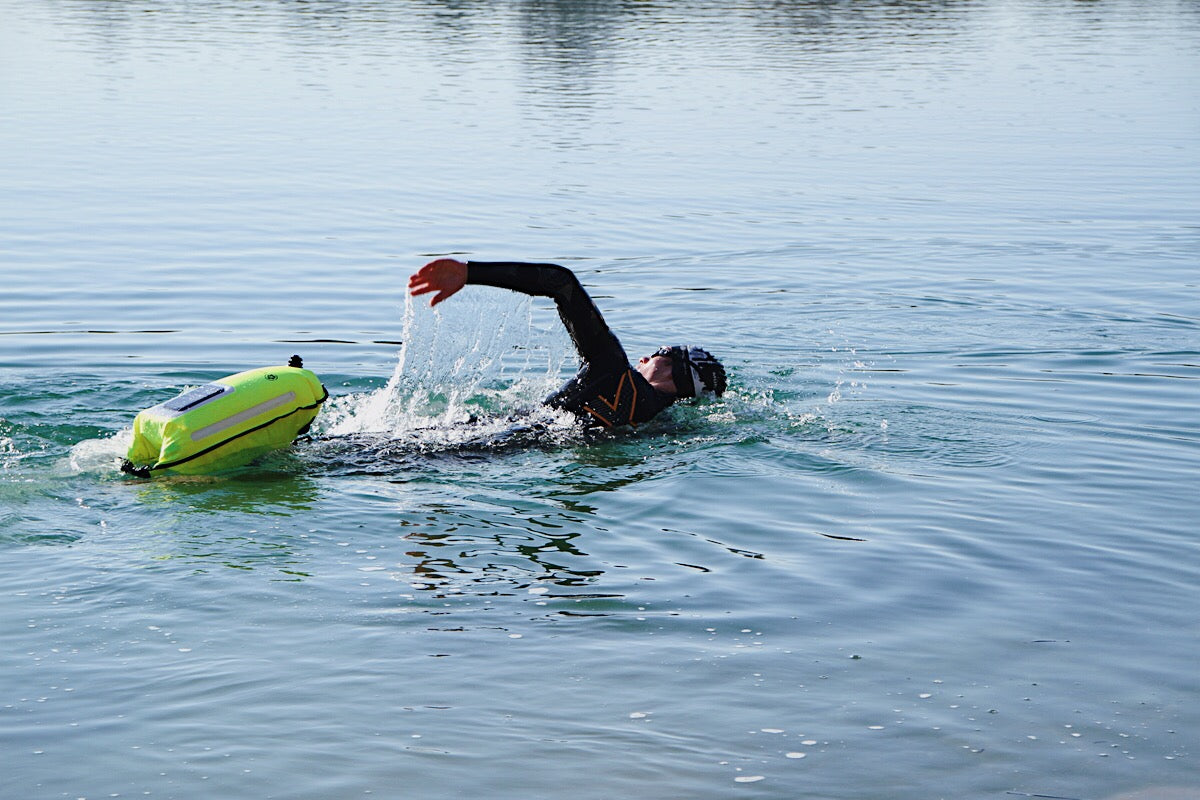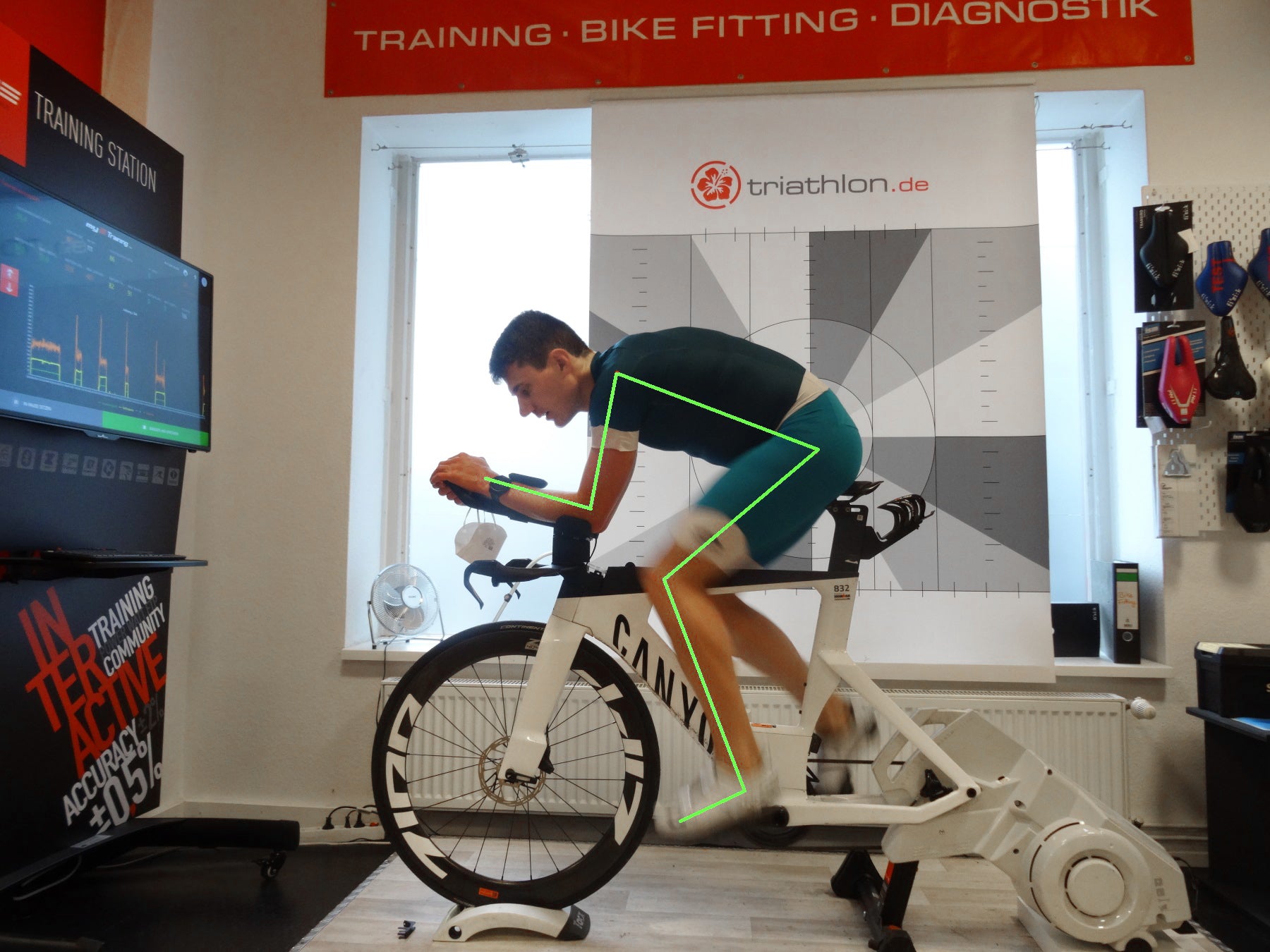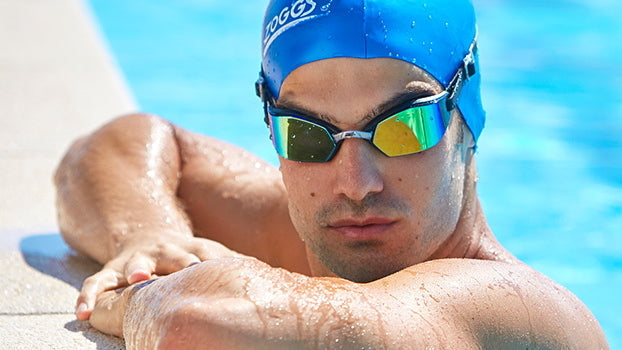You are tired, the training motivation decreases. Even though you felt fine two weeks ago, do you feel like you've never exercised before? Instead of getting fitter, you only get slower over a longer period of time? Warning, this can mean overtraining! But what does overtraining mean and how do you deal with it?
definition
Overtraining is a long-lasting disturbance of the biological balance caused by appropriate training stimuli.
This definition lives on three terms: "Long" - which in this case means more than two weeks. "Disturbance" - which is first of all every training session, since "structures" are changed during a training session and hormones are released in heaped amounts. And the term "biological balance" - which will be examined in more detail below and is composed of the sympathetic and the parasympathetic.
sympathetic and parasympathetic
The sympathetic stands for adrenaline, drive, activation. So for everything that moves and pushes us.
The parasympathetic, on the other hand, calms and lowers pulse and blood pressure, among other things, with the help of certain hormones and is therefore the antagonist of the sympathetic.
Overtraining can upset this balance, in both directions:
In high-speed strength sports or in triathlons over sprint or short distances, the high intensities lead to overactivation of the sympathetic nervous system. Symptoms include high levels of nervousness, poor sleep, increased heart rate and reduced performance. Based on these characteristics - always assuming that they last for more than two weeks - one can diagnose overtraining and should pause for about one to three weeks depending on the severity.
In the case of longer distances such as middle or long distances, overtraining is more likely to be found on the part of the parasympathetic nervous system and is also more dangerous: Characteristics are fatigue, low resting and training heart rate and loss of motivation. The main danger lies in confusing training progress with overtraining. If you are suddenly significantly faster on your usual run in the GA1 range, it usually gives you a good feeling, as an increase in performance is very obvious. However, if you have problems getting your pulse in the GA2 or WSA range at the same time, you should be extremely careful. Overtraining in the parasympathetic system can be a very tedious thing, and healing can take weeks to months, in some cases even up to a year.
Urea value measurement shows the training status
In addition to these criteria, there are various training-related measures that can be used to correctly diagnose overtraining: Measuring the urea value or the cortisol-testosterone quotient.
Overtraining can be detected early on, even before the above-mentioned symptoms appear, as part of an athlete's longitudinal profile - i.e. the continuous measurement of these parameters during training. The big advantage here is the correspondingly shorter downtime to restore performance.
But it doesn't have to come to that if the following points are observed during training.
Variety:
A varied training keeps the motivation high, trains the mind and distracts from the stress. Walk new paths, take the S-Bahn three stations further and start your training in a different environment. Another option is to be picked up at the end of a long run, so instead of the usual 15 kilometers back and forth you get 30 kilometers one way and more variety. The main purpose of variety is to avoid mental overtraining.
Break and recovery:
It's not for nothing that rest days are part of the training plan. During the training days, the fine structures in the muscle, the hormone system and various other processes are deliberately disturbed. The adaptation to these stimuli takes place almost exclusively on the rest days, which is why the body definitely needs a reasonable amount of time out.
Nourishment:
A basic supply of BCAAs (Branched Chain Amino Acids) is a must. Not only do they play a role in protein metabolism, they also influence the happiness hormone serotonin.
Advice:
If you're already overtraining, it's a good idea to cut out all your planned goals. To free yourself from all demands on yourself and your body. Reduce the amount of training and try to find the motivation for the sport again with variety. Thoughts about performance should be shelved until the matter is over. Recreational sports promote a quick comeback.
One final tip
Iron deficiency can cause symptoms similar to overtraining. Therefore, if there is any suspicion, it is essential to have a medical blood test done. An unauthorized iron intake WITHOUT deficiency can be organ-damaging.
Cover picture: Ingo Kutsche

